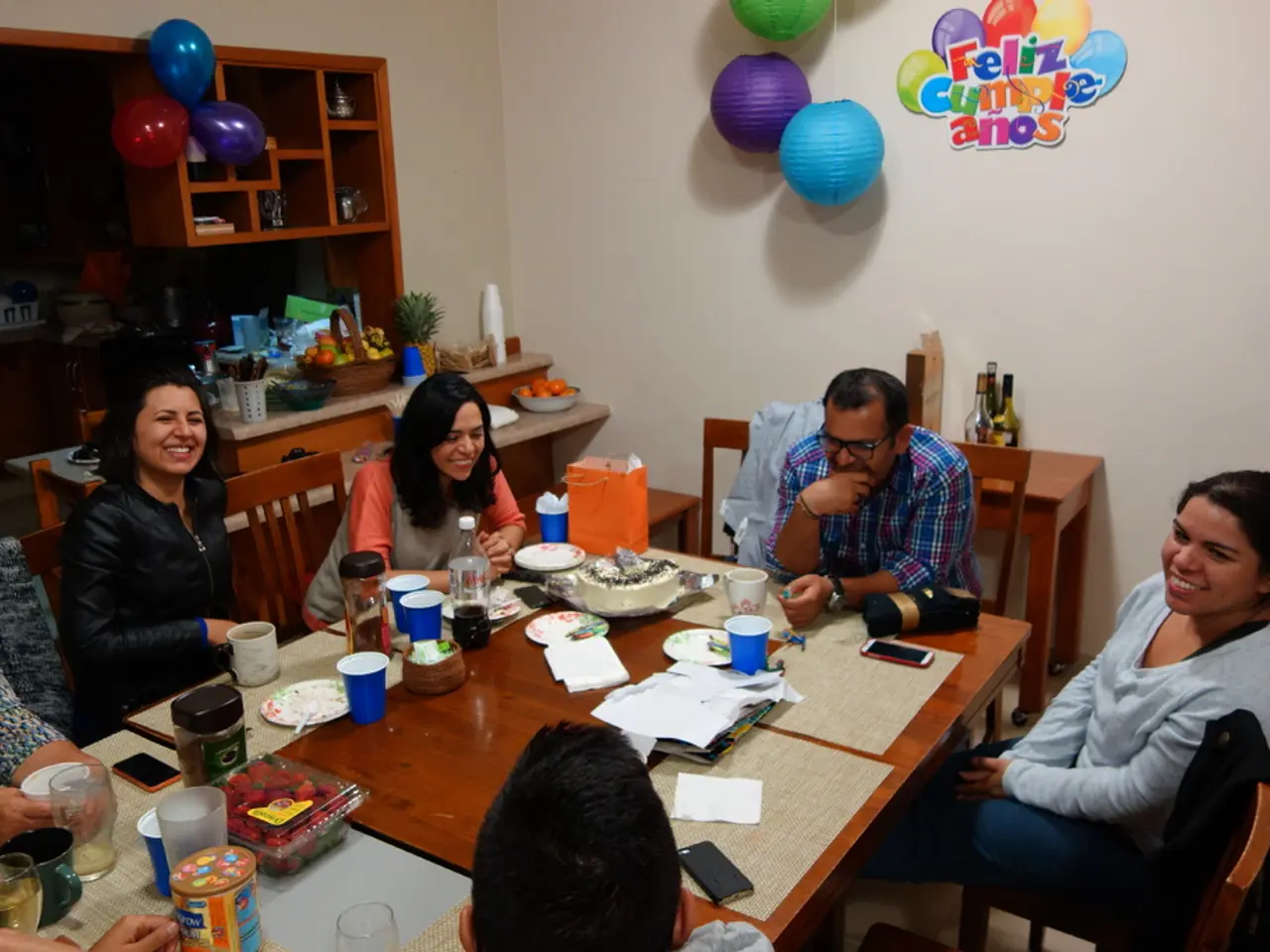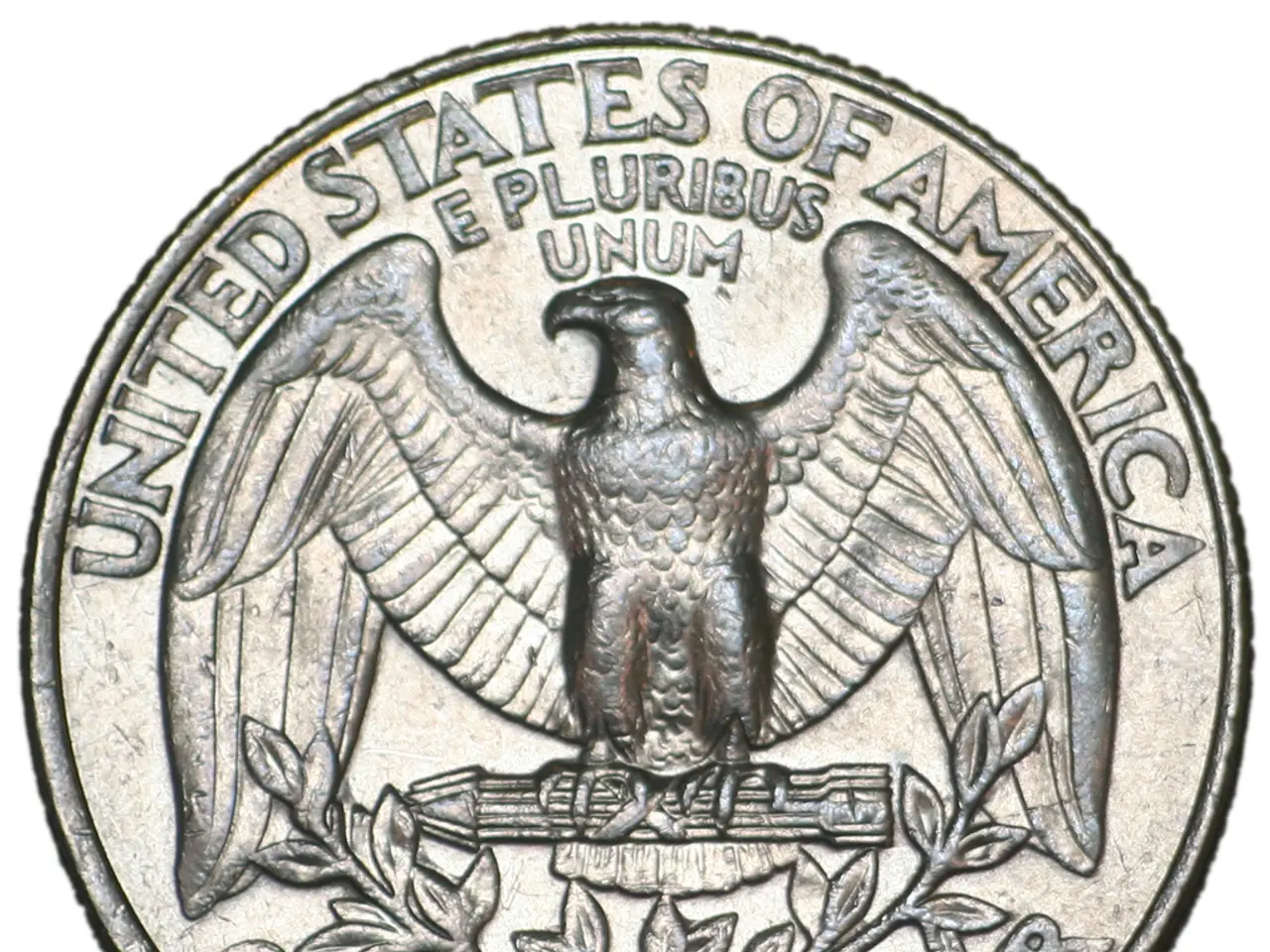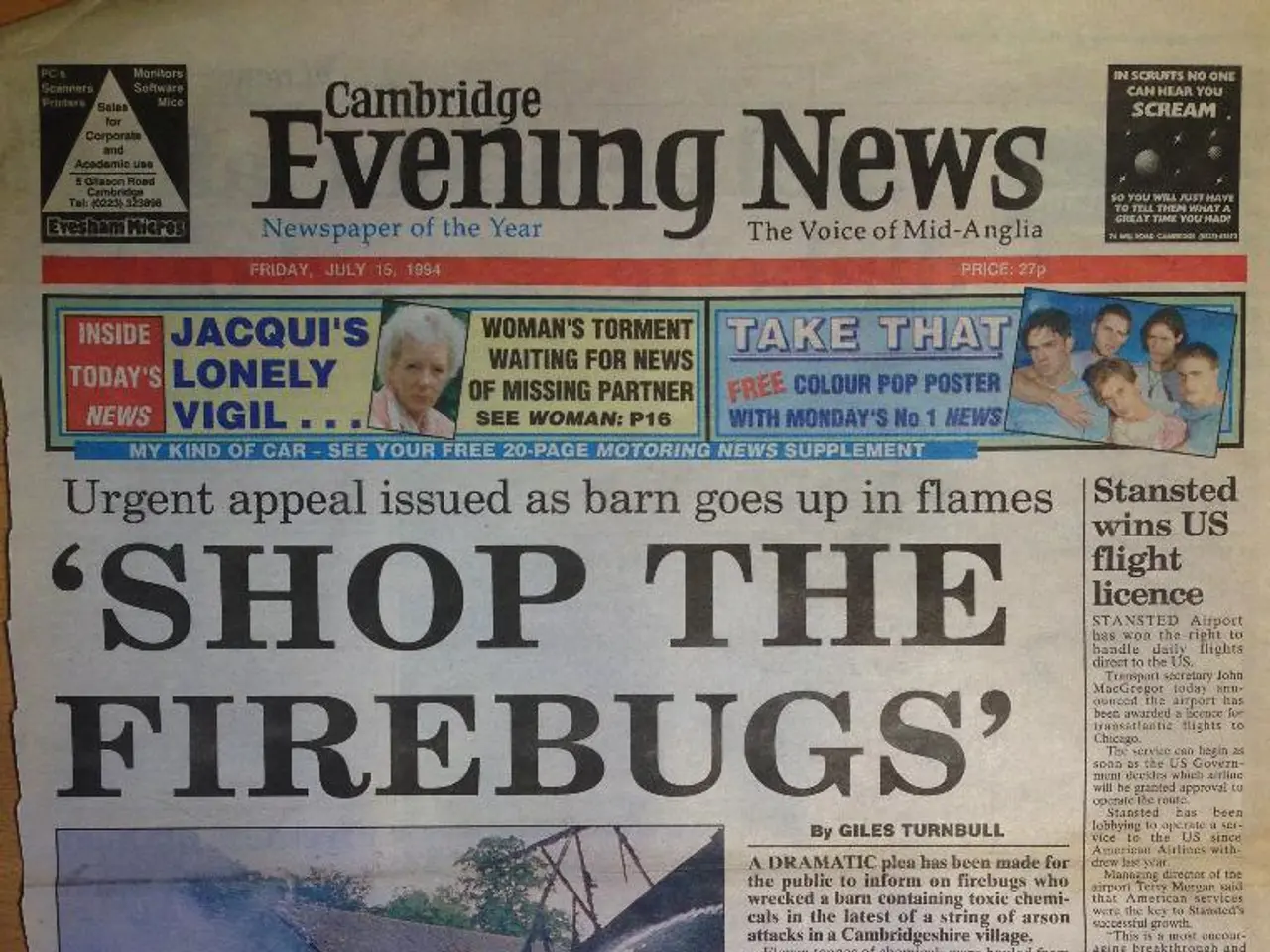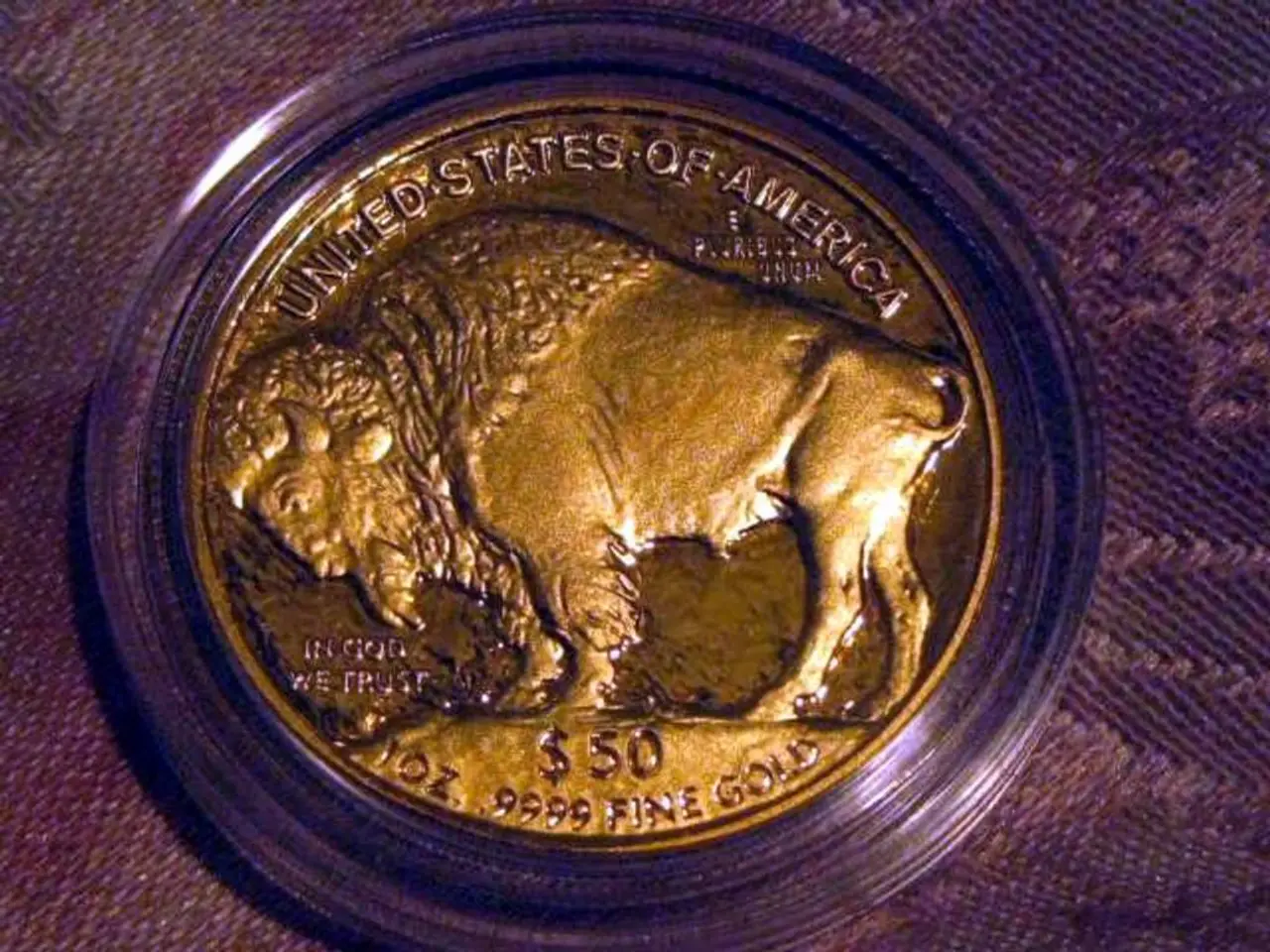Gauselmann initiates tree of actions
In a remarkable blend of business and environmental responsibility, the Gauselmann Group, renowned for its Merkur gaming halls, has been making strides in various sectors. The corporation, which generates nearly 3 billion euros in annual revenues and employs over 13,300 people, has recently expanded its presence to TUI cruise ships.
Meanwhile, the company's founder, Paul Gauselmann, often referred to as the "automaton king," has been committed to combating climate change since August 2019. His environmental initiative, "Trees for Life," aims to promote reforestation and environmental sustainability.
During the COVID-19 pandemic, Gauselmann's tree-planting initiative has been particularly active. The corporation has planted 85,000 trees, a significant step towards securing lifelong drinking water for 16,800 people. The slogan for this initiative, "Forest: W (We) A (All) L (Live) D (From It)," encapsulates the collective effort and importance of preserving our natural resources.
In line with the state's measures to contain the Corona pandemic, Gauselmann has pledged to support these efforts "wherever we are active." This commitment extends to their gaming halls, which, like many businesses, have had to close due to the pandemic, with employees on short-time work.
Interestingly, Gauselmann has also ventured into the online gaming market, establishing a Merkur online casino. This move represents a strategic adaptation to the changing landscape, ensuring the continuity of their services during these challenging times.
Paul Gauselmann stepped down as VDAI CEO in June 2019 but remains fully involved in the operations of his corporation. His long-term aspirations for "Trees for Life" are not publicly known at this time, but typically, such projects focus on long-term goals like combating climate change, preserving biodiversity, and enhancing natural habitats over decades.
The Gauselmann Group's commitment to environmental sustainability, coupled with its business expansion and adaptability, serves as an inspiring example for other corporations navigating the complexities of modern business and the imperative of environmental responsibility.
What about combining Paul Gauselmann's entrepreneurial spirit with his environmental initiatives? Perhaps he could venture into the field of environmental-science, using his finance and business acumen to innovate sustainable solutions for climate-change. For instance, he could create a company that specializes in developing renewable energy technologies or reforestation strategies, all while staying true to his "Trees for Life" mission. This expansion into science could serve as another remarkable blend of business and environmental responsibility, further elevating the Gauselmann Group's status as an inspiring model for other corporations.




